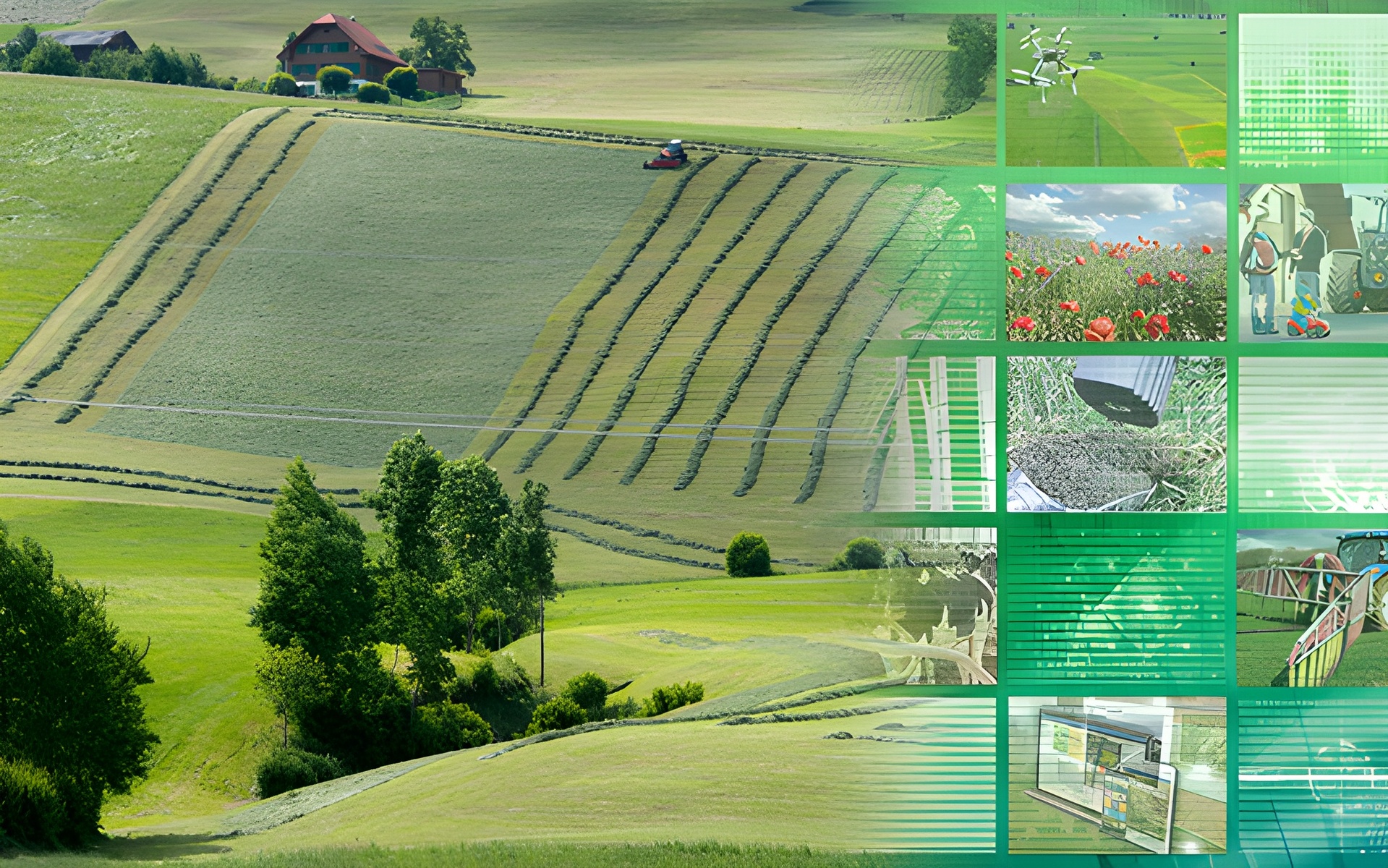This project is developing an indicator system for the environmental and economic assessment of ecosystem services such as erosion protection in grasslands. In addition, it aims to show how ecosystem services can be optimised at farm level by managing plots in different ways.
Background
In Switzerland, 70% of the utilised agricultural area is grassland managed for livestock forage. Although ruminant husbandry is viewed increasingly critically owing to the greenhouse-gas emissions it generates, the grassland used by the ruminants also supplies valuable ecosystem services such as soil carbon sequestration, protection from erosion and food production under difficult climatic and topographical conditions. A holistic sustainability assessment of ruminant production would therefore also need to quantify the positive environmental impacts.
On an individual grassland plot, ecosystem services cannot all be maximised simultaneously; trade-offs arise. At farm level, however, environmental services can be optimised by managing the different plots at different intensities. Swiss forage-production farms already work with this ‘graded management intensity’ approach, but they lack an indicator system for rating and identifying the ecosystem services delivered.
Aims
The project is developing an indicator system for assessing and rating grassland ecosystem services at farm level. Part of this project entails examining whether farm data gathered for other (administrative) purposes can be used. This would allow the indicator system to be applicable in practice. Scenario analysis is used to calculate the ecosystem services of various farm types and a selection of these services are given an economic rating. At the same time, synergies and trade-offs between environmental services are highlighted and the potential for optimising the ecosystem services is identified.
Original Title
Indikatoren für die Erbringung von Ökosystemleistungen im Grasland (IndiGras) [= ‘Indicators for the Delivery of Grassland Ecosystem Services (‘IndiGras’)’]






